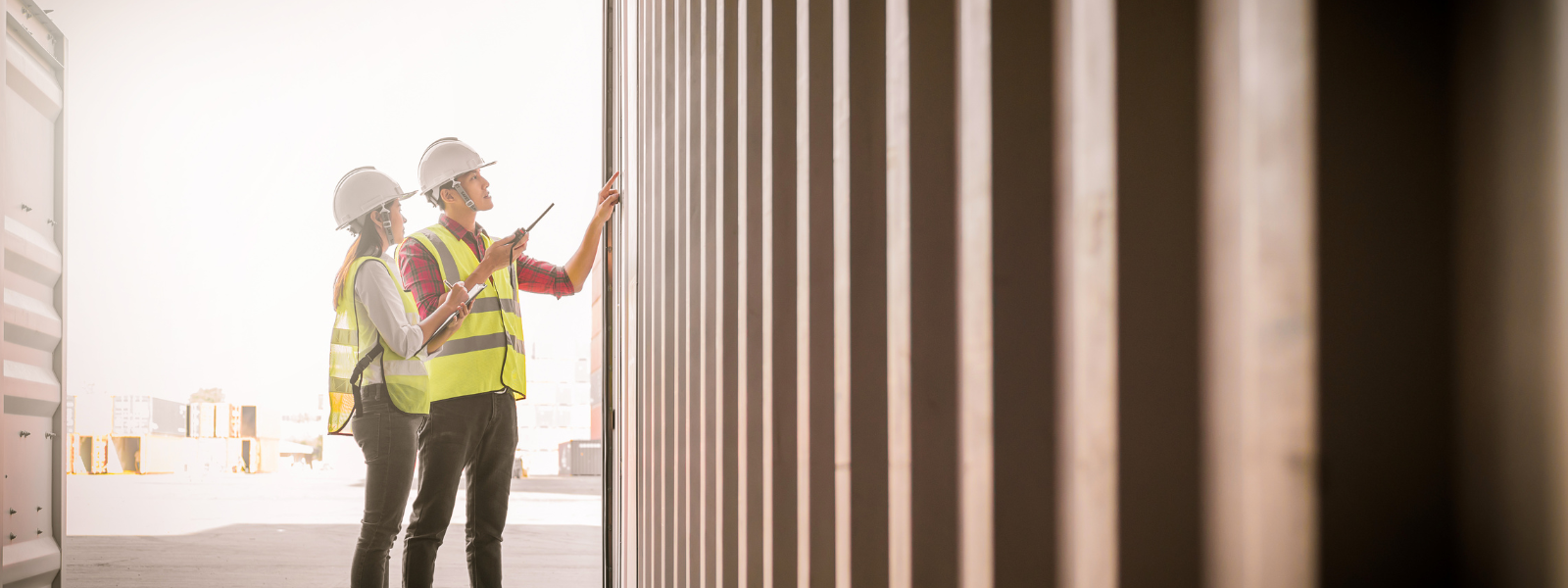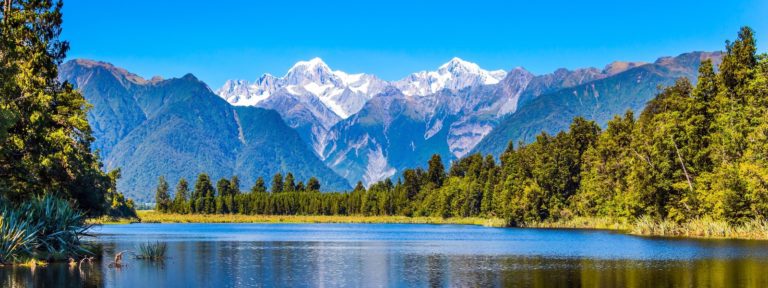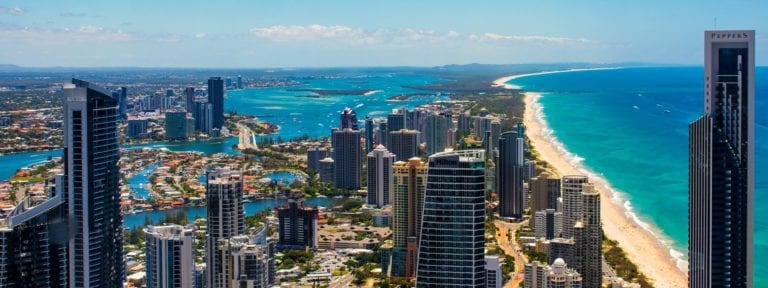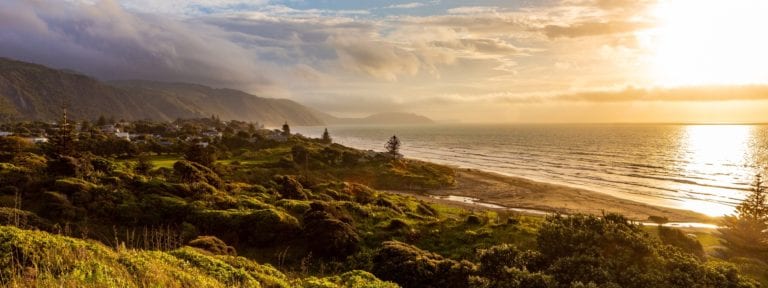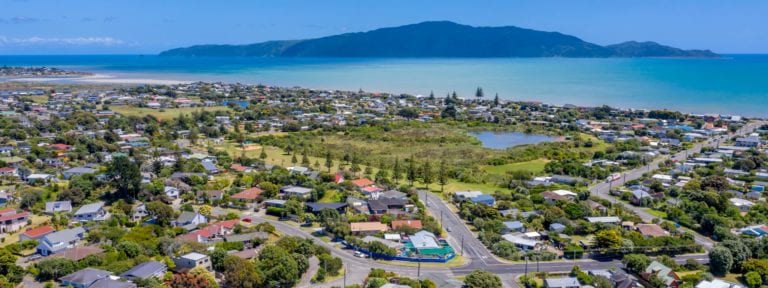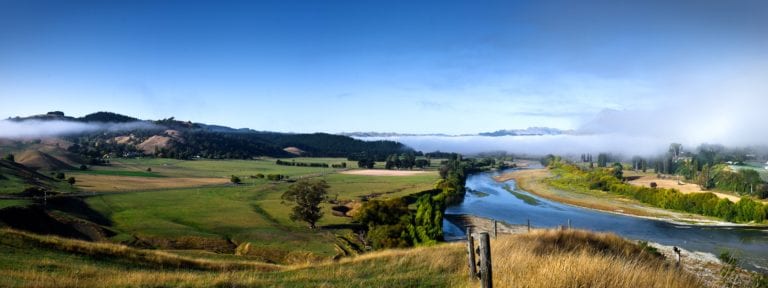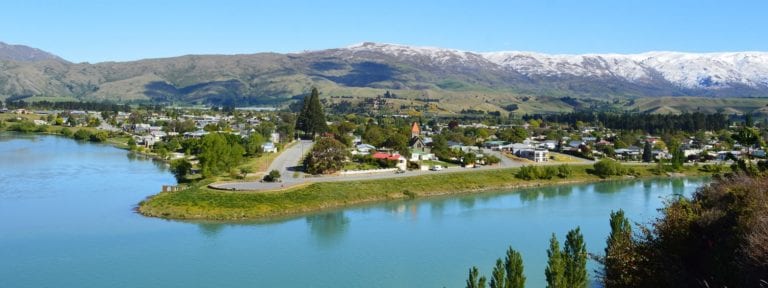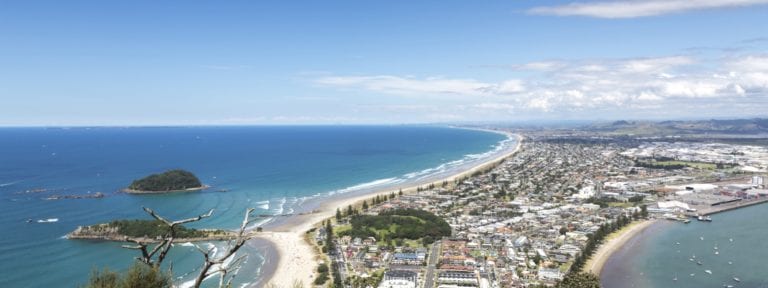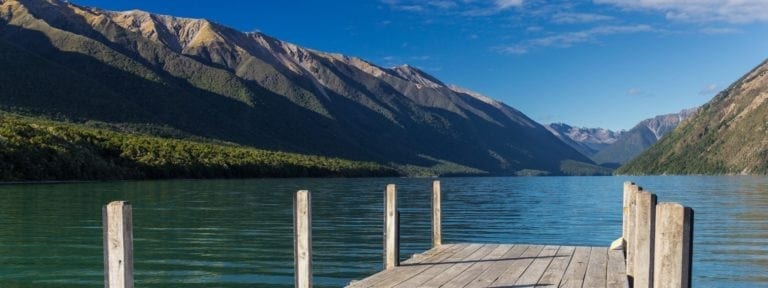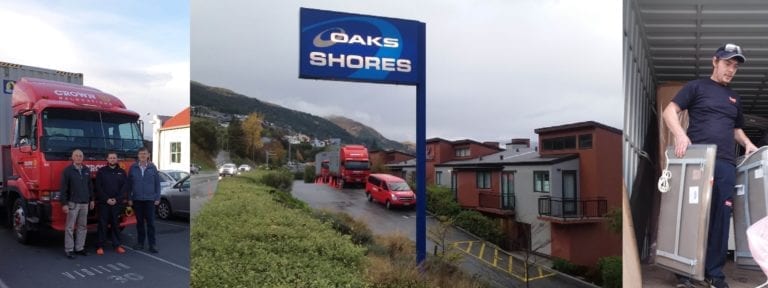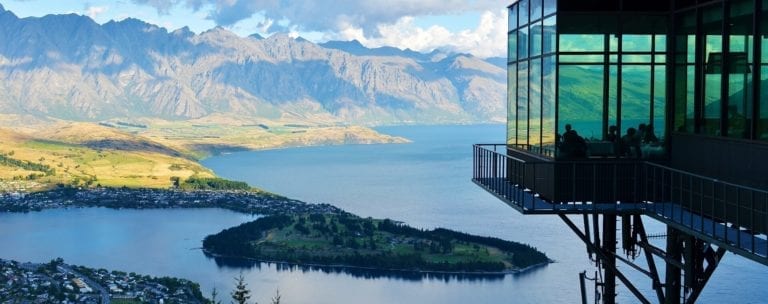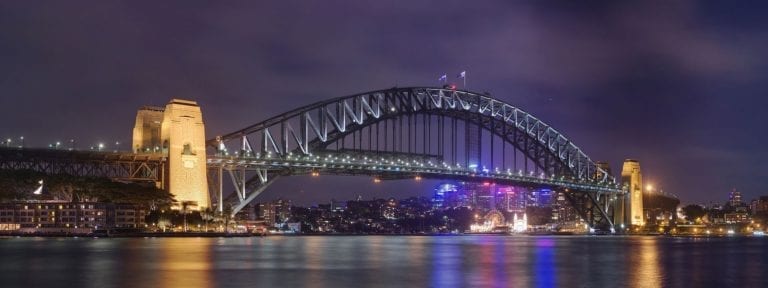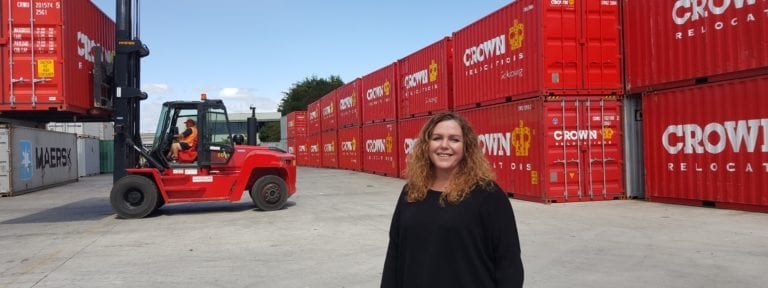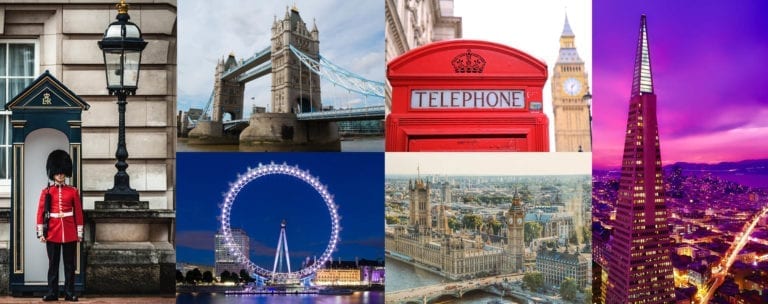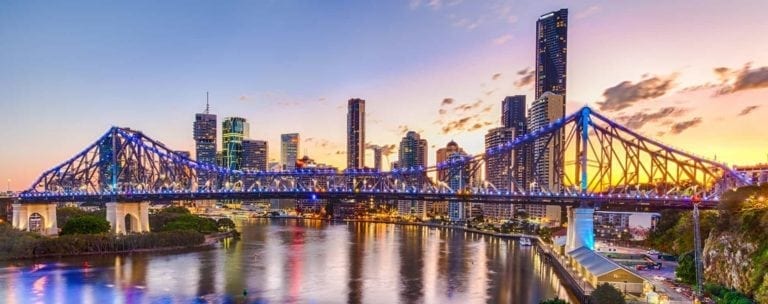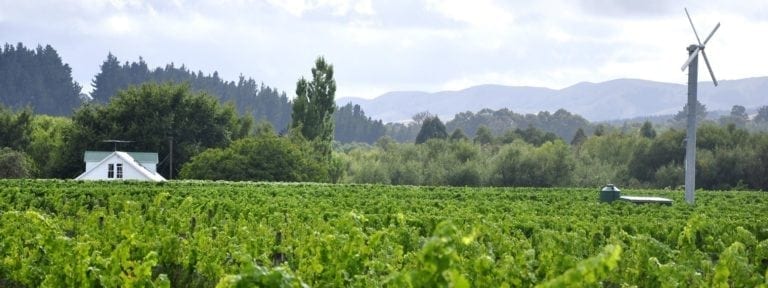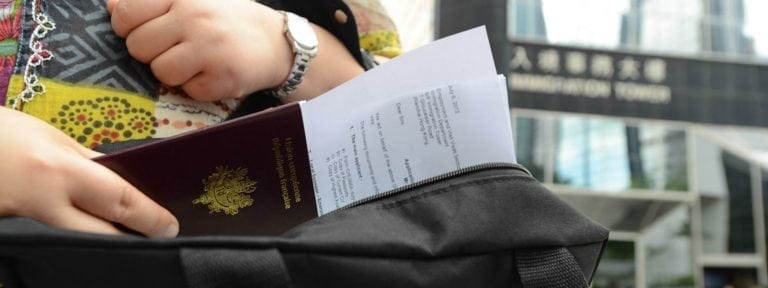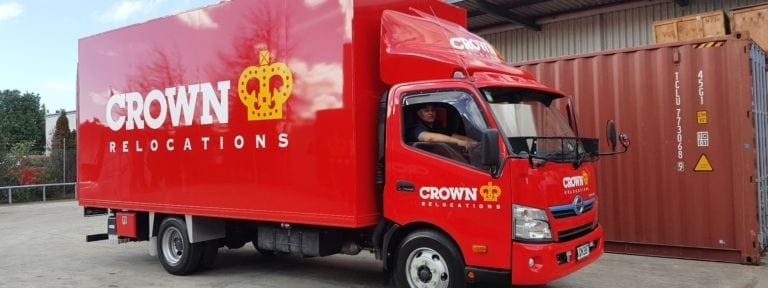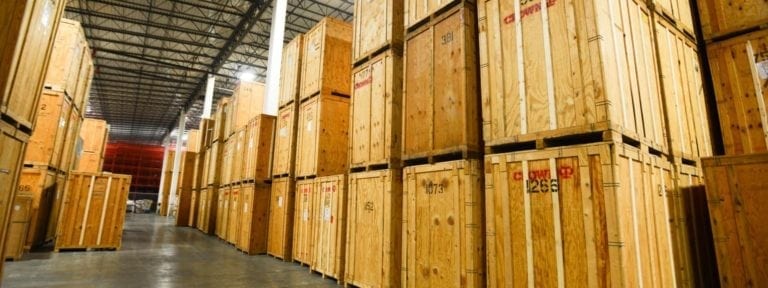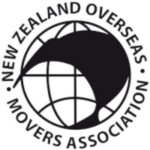Australia’s biosecurity laws are fundamental in safeguarding the country’s unique ecosystems from invasive species and diseases. These regulations are crucial for maintaining Australia’s biodiversity, making it imperative for anyone moving goods across borders to comprehend and adhere to these laws. This understanding becomes particularly important for those relocating from New Zealand, as the movement of personal effects between these two closely linked countries is frequent. Familiarity with these requirements ensures a smooth transition and compliance with customs regulations.
Let’s explore the various aspects of these biosecurity laws, including what you need to know about unaccompanied personal effects, the restrictions on certain items, and how to navigate the inspection process at the Australian border.
Australia’s Biosecurity Laws and Their Importance
Australia is known for its rich biodiversity, with many species and ecosystems found nowhere else on Earth. This ecological uniqueness makes it particularly vulnerable to invasive species and diseases that could disrupt natural balance and harm agriculture. Biosecurity laws in Australia are designed to mitigate these risks by regulating the importation of goods that might carry pests or diseases. For those relocating, these laws dictate what can be brought into the country and how items should be prepared for transport.
The biosecurity framework encompasses a wide range of regulations and protocols, including the inspection of goods and the use of risk assessments to determine potential threats. Movers must understand these rules to avoid fines, delays, or even having items confiscated.
What Should You Know About Unaccompanied Personal Effects?
Unaccompanied personal effects (UPE) refer to personal and household items shipped separately from the owner. This is common in international relocations where goods are sent via air or sea freight. As a New Zealander moving to Australia, it’s important to know what qualifies as UPE to ensure smooth processing through customs.
UPE typically includes items such as clothing, furniture, and other personal belongings intended for personal use and not for resale. These goods must be accompanied by a detailed inventory and relevant customs declarations. Accurate documentation is critical to avoid issues at the border. Each item must be itemised and declared to facilitate the customs process.
Without proper documentation, items risk being delayed at the border or even subject to additional scrutiny or penalties. Therefore, understanding the requirements and preparing accordingly is essential for a hassle-free move.
Which Items Are Restricted or Prohibited when moving to Australia, and Why?
Australia’s list of restricted and prohibited items is extensive and comprehensive. These regulations are in place to prevent the introduction of harmful species and diseases. Understanding these restrictions is crucial for anyone planning to relocate with personal belongings.
Animal products are subject to strict controls. Items such as those made from bone, feathers, hides, or other animal derivatives generally require special permits. Plant materials are similarly regulated. This includes seeds, dried flowers, untreated wood, and wooden artefacts, which might harbour pests. Even fresh and packaged food items are scrutinised due to their potential to carry diseases or pests.
Miscellaneous goods, including artefacts and certain types of furniture, might also face restrictions. The Department of Agriculture, Fisheries and Forestry provides detailed guidelines, consulting and resources to guide packing to ensure compliance.
How Does the Inspection Process Work at the Australian Border?
The inspection process for unaccompanied goods entering Australia is thorough. Managed by the Australian Border Force (ABF), it ensures that all items comply with biosecurity laws. Understanding what to expect during this process can alleviate stress and help in preparing your goods accordingly.
Upon arrival, customs declarations are reviewed for accuracy. It is vital to ensure that your documentation is complete and precise, as this will help expedite the inspection process. Some goods will undergo physical inspection, where they may be unpacked and examined. Declaring all items, even those you might consider trivial, is essential to avoid fines or delays.
The ABF is integral to maintaining the country’s biosecurity by balancing efficient trade and travel with rigorous enforcement of biosecurity measures. Familiarity with their procedures and requirements helps in anticipating what will happen when your goods arrive.
Simplifying the Process with Crown Relocations
Navigating the complexities of biosecurity laws and the associated logistics of an international move can be challenging. Fortunately, Crown Relocations can help make these processes more manageable. Whether it’s services that help with your home moving or through their expert packing services, which ensure your belongings meet biosecurity standards, Crown Relocations offers valuable resources to ease your transition.

